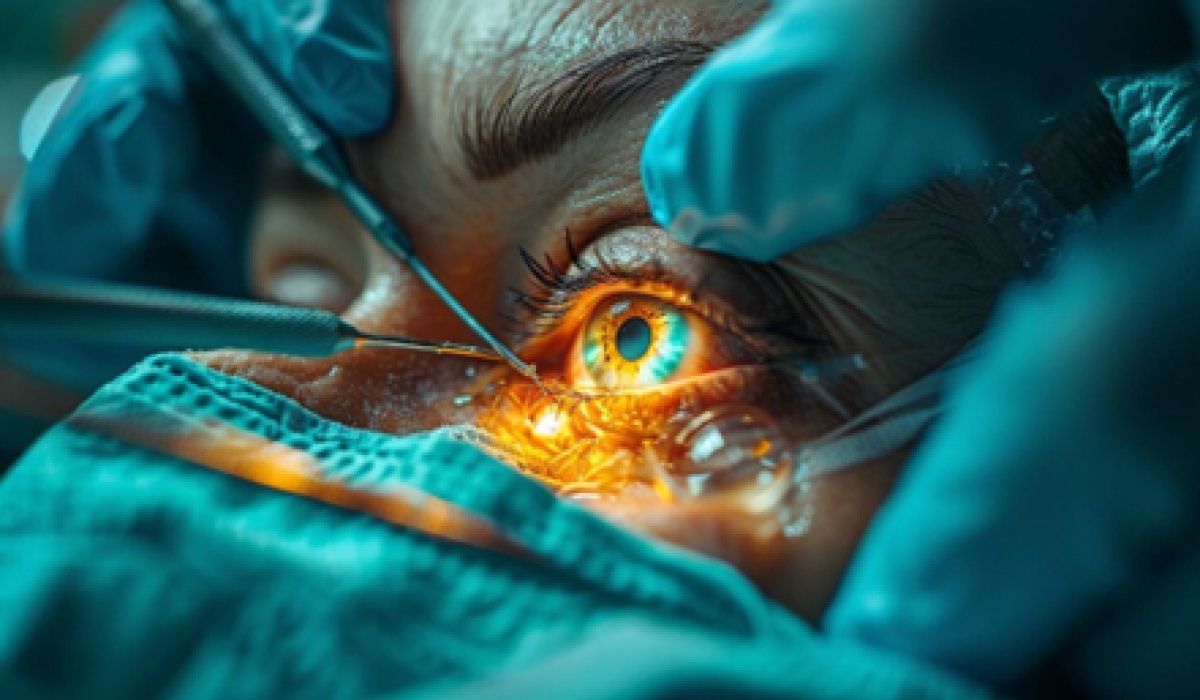Cataracts are a common eye condition that occurs when the lens of your eye becomes cloudy. This clouding can gradually blur your vision. While cataracts primarily affect older adults, they can develop at any age due to various factors like injury, certain medications, or underlying health conditions.
Cataract surgery is a highly successful procedure to remove the cloudy lens and replace it with an artificial lens called an intraocular lens (IOL). This surgery is typically performed on an outpatient basis and involves minimal discomfort.
Let’s explore some common misconceptions about cataract surgery.
Myth 1: Cataracts Can Be Cured With Glasses or Eye Drops
While glasses or eye drops can temporarily improve vision, they cannot reverse the formation of cataracts. Only surgery can restore clear vision.
Myth 2: Cataract Surgery Is Painful
Modern cataract surgery is a painless outpatient procedure. Patients receive local anesthesia, and discomfort is minimal. Most patients experience quick visual recovery.
Myth 3: Cataract Surgery Increases the Risk of Blindness
Cataract surgery is one of the safest and most successful surgical procedures. In fact, it significantly reduces the risk of blindness caused by cataracts.
Myth 4: Only Elderly People Develop Cataracts
While cataracts are more common in older adults, they can occur at any age, even in children. Factors like diabetes, certain medications, and eye injuries can contribute to early cataract formation.
Myth 5: Both Eyes Need Surgery Simultaneously
Cataract surgery is typically performed on one eye at a time, with a waiting period of several weeks between procedures. This allows for proper healing and assessment of the first eye’s outcome.
Myth 6: Cataract Surgery Will Change My Eye Color
The artificial lens implanted during cataract surgery is clear and does not affect eye color. However, it can impact the way your eyes perceive colors, making them appear brighter or more vibrant.
Myth 7: I Can Wait to Have Cataract Surgery
While waiting for cataract surgery might not cause immediate harm, delaying the procedure can lead to vision deterioration and increased complications. It’s essential to consult with an eye specialist to determine the optimal timing for surgery.
The best way to address your concerns about cataract surgery is to consult with an experienced eye surgeon. They can provide accurate information, assess your individual situation, and guide you through the treatment process.


